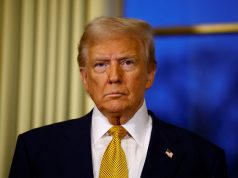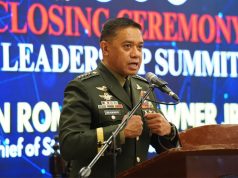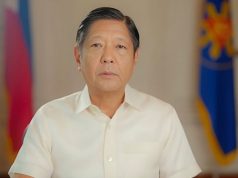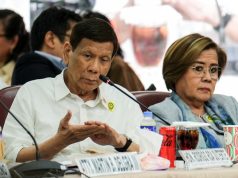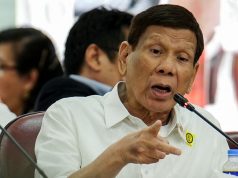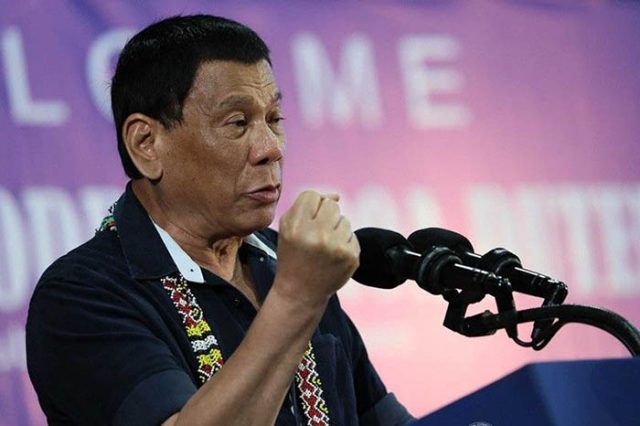
When President Rodrigo Duterte was named one of TIME magazine’s “strongman” along with Russian President Vladmir Putin, Hungarian Prime Minister Viktor Orbán and Turkish President Recep Tayyip, people were initially elated.
However, there were those who criticized the label and said that it had negative implications for the tough-talking president. They claimed that the term “strongman” most often refers to a “potential dictator.”
Duterte was featured on the cover with Putin, a controversial political figure who has been cited as a dictator by the international community.
What “strongman” really means
According to Merriam-Webster, “strongman” refers to someone who “leads or controls by force of will and character or by military methods.”
It was first used in 1859 and is generally used to refer to an autocrat, a dictator, or someone who rules in an authoritarian regime.
Gideon Rachman, chief foreign affairs commentator of Financial Times, noted that strongmen usually view the outside world as their enemies.
In other words, they are hostile to other nations. They often believe that the world is conspiring against them. They are also prone to utter “promises of national rejuvenation.”
These strongmen have also encouraged personality cults, enabling them to have a massive following under their rule.
Strongmen are also inclined to face international diplomacy with a “man-to-man” approach rather than rely on institutions or international laws.
Torrey Taussig, a post-doctoral fellow of Foreign Policy in the Center on the United States and Europe, noted that strongmen are “ambitious, cutthroat and divisive.” They also look at force as a more effective method of governance than anything else.
The Straits Times noted that a strongman heavily relies on the power of words to instill “unease and discord among his people, and to erase from the public record what and whom he rejects from the nation.”
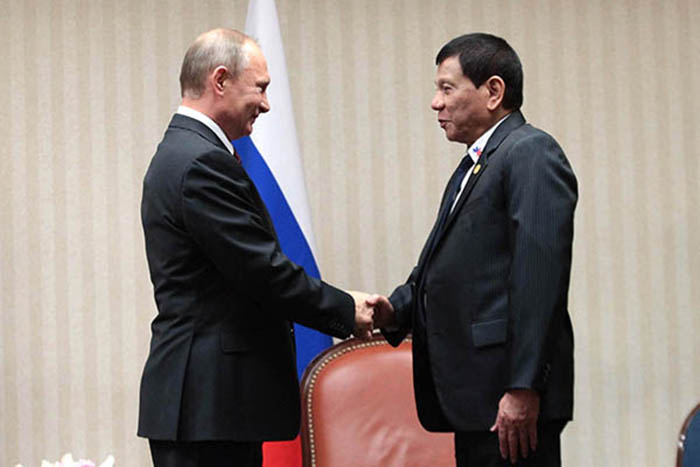
Language is used as a form of intimidation, where they harness the power of speech to their own means and advantages.
According to The Daily Star, a strongman leans towards “right-wing politics.” He has a strong dislike for media outlets who thoroughly criticize him.
Countries with strongmen type of leaders have seen a decline in the Freedom House rankings, a non-government organization based on the U.S. that researches democracy and human rights.
Some of the countries with reported rising strongmen are Turkey, Philippines, Venezuela and Hungary.
Freedom House stated that the principles of democracy, human rights and rule of law are all being disregarded for the strongman’s “narrow interests without meaningful constraints and without regard for the shared benefits of global peace freedom and prosperity.”
A closer look at Duterte
Duterte has constantly antagonized other countries, except those with strongmen type of leaders like China, Russia and North Korea.
Previously, he has expressed his admiration for North Korean President Kim Jong-un and Putin. Duterte said in an interview, “I’m better off saying my favorite hero is Putin.”
The president has also shown disregard for diplomatic relations to other countries, such as the time he retrieved Filipinas from Kuwait and how he deported an EU political party official tasked to investigate extrajudicial killings.
His bloody anti-narcotics campaign is also a testament to how he favors force above all else, a trait that is common among strongmen like him.
He has also condemned human rights defenders such as the Commission on Human Rights and the International Criminal Court for their stance on state-sanctioned killings.




